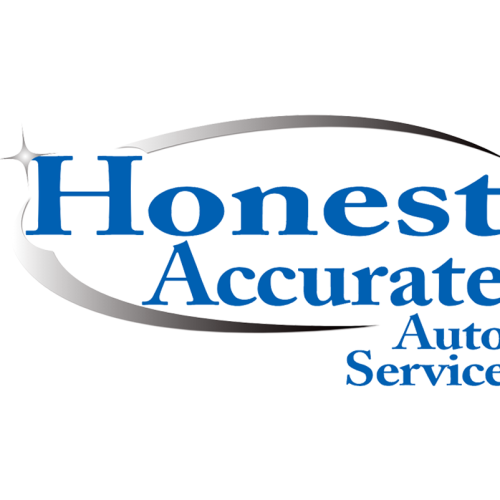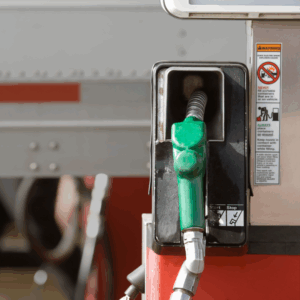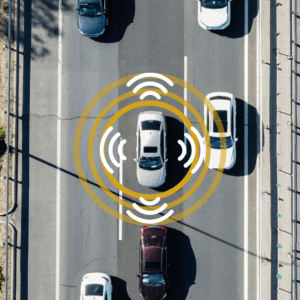Are your brakes doing their job? Is your car stopping as quickly as it should?
Here are some signs that your brakes may need some attention. Have you felt one or more of the following?
- Squealing and/or grinding when you depress the brake pedal
- Having to depress your brake pedal further than you used to (“squishy” feel)
- Feeling a “shudder” in the steering wheel upon braking
- Vibration or clunking sound when braking
- Parking brake isn’t engaging or holding the vehicle
If so, your brakes need some attention.
Any of these can be indicators of impending brake failure, or simply the need for routine brake maintenance. Having them looked at sooner rather than later can save you money in the long run.
Brakes pads and rotors (as well as shoes and drums) will wear with time and will need periodic maintenance and replacement to be effective and safe. Since being able to stop quickly is essential for you and your family’s safety, keeping an eye (and ear!) on your brakes is very important.
Each vehicle is equipped with either rotors and pads, or drums and shoes (or a combination of the two). An inner and outer brake pad press against both sides of the rotor in order to stop the vehicle. On the other hand, a single brake shoe presses outward against the drum. They both stop the vehicle, just with different methods.
Thickness of brake pads can be accurately measured once the wheels are removed. New brake pads are 10-12mm thick.

When the pad is worn to about 2mm thick, wire sensors on the brake pads will alert you by making a squealing or grinding sound. This lets you know that the brake pads should be replaced very soon. However, the squealing sound will only continue for a week or two, and then the sound may disappear (for now). The new sound you will begin to hear is metal-on-metal grinding. You may get comments from others that they “heard you coming” with the squeaking noise from your car!
If the pads are not replaced, not only do you lose stopping power, the metal-to-metal contact can result in permanent damage to the rotors or drums. When permanent damage such as overheating or warping, heat cracks, or metal-to-metal grooving has occurred on the rotors or drums, they will require replacement. Replacing brake pads in a timely manner will be significantly less expensive than having to also replace rotors.
This photo shows brake pad backing plate (all the pad material has worn away) and the caliper actually melted onto the backing plate. In this case, the calipers, rotors, and brake pads all had to be replaced!
In order for the brake pads and rotors to have optimum surface contact area and ensure smooth stopping power, we generally machine the rotors/drums at the same time we replace the brake pads or shoes. Rotors can be machined up until the time they become too thin (each manufacturer has certain thickness specifications) and then they need to be replaced.
Brake fluid should be flushed approximately every 3 years, regardless of mileage (check your Owner’s Manual for specific recommendations for your particular vehicle). Brake fluid is necessary to maintain the hydraulic pressure that allows your brakes to function properly, while also lubricating the seals in the Master Brake Cylinder.
Timely brake maintenance and service keeps you safe, decreases repair costs, and saves you money by warding off those very expensive accident costs associated with poorly functioning brakes.
Don’t delay – have your brakes inspected by your favorite Honest Accurate Auto Service Certified Technician in Colorado Springs now and drive safely!




